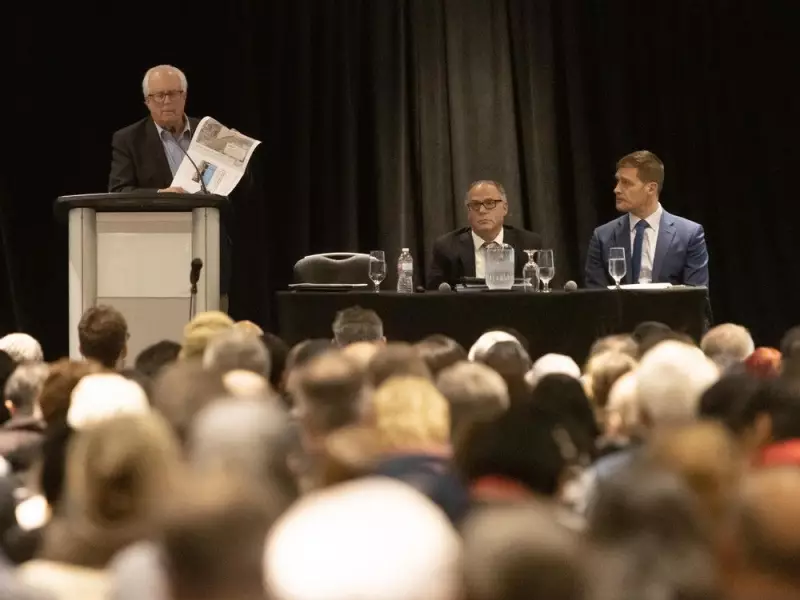
New polling data has revealed significant public support for the BC NDP government's decision to challenge a landmark court ruling concerning Cowichan Tribes' land rights. The exclusive research provides crucial insights into how British Columbians view the complex intersection of Indigenous reconciliation and provincial governance.
Public Opinion Weighs In on Contentious Land Dispute
The survey, conducted by Research Co., shows that a substantial portion of the province's residents back the government's position in this high-stakes legal battle. This comes as the provincial government seeks leave to appeal a BC Supreme Court decision that recognized the Cowichan Tribes' title to specific lands within their traditional territory.
The polling numbers tell a compelling story about public sentiment at a time when Indigenous rights and reconciliation efforts remain at the forefront of political discourse. The data suggests that British Columbians are carefully considering the implications of such landmark rulings on provincial land management and resource allocation.
Balancing Reconciliation with Provincial Interests
Legal experts note that this case represents a critical test of how Canadian courts interpret and apply modern land title principles. The provincial government's decision to appeal has sparked debate about the practical implementation of reconciliation promises versus the province's responsibility to manage Crown lands for all citizens.
The research indicates that voters understand the complexity of the situation, with many recognizing both the historical significance of Indigenous land rights and the practical challenges facing provincial administrators. This nuanced understanding reflects evolving public awareness of Indigenous issues across British Columbia.
Political Implications for the BC NDP
The strong polling numbers provide political cover for the NDP government, which has positioned itself as a champion of Indigenous reconciliation while simultaneously appealing a ruling that expands Indigenous land title. The data suggests that the government's approach resonates with its base and the broader electorate.
As the legal process continues to unfold, this public support could prove crucial in navigating the delicate balance between advancing reconciliation and managing provincial resources. The case is being closely watched by Indigenous communities, legal scholars, and political observers across the country.
The polling data offers a rare glimpse into how ordinary British Columbians are processing these complex issues, revealing both support for Indigenous rights and understanding of the government's position in this specific legal challenge.





